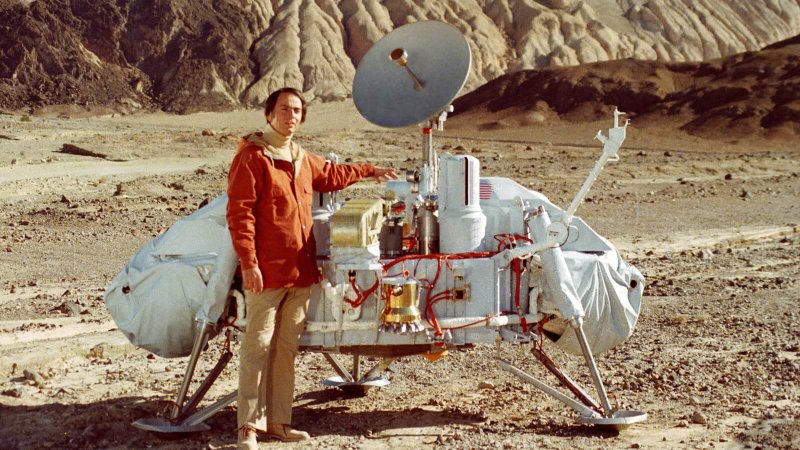I was fortunate to have participated in that historic adventure as experimenter of the Labeled Release (LR) life detection experiment on NASA’s spectacular Viking mission to Mars in 1976. On July 30, 1976, the LR returned its initial results from Mars. Amazingly, they were positive.
…
When the Viking Molecular Analysis Experiment failed to detect organic matter, the essence of life, however, NASA concluded that the LR had found a substance mimicking life, but not life.
…
In summary, we have: positive results from a widely-used microbiological test; supportive responses from strong and varied controls; duplication of the LR results at each of the two Viking sites; replication of the experiment at the two sites; and the failure over 43 years of any experiment or theory to provide a definitive nonbiological explanation of the Viking LR results.
What is the evidence against the possibility of life on Mars? The astonishing fact is that there is none.
…
NASA has already announced that its 2020 Mars lander will not contain a life-detection test. In keeping with well-established scientific protocol, I believe an effort should be made to put life detection experiments on the next Mars mission possible.
Read full, original post: I’m Convinced We Found Evidence of Life on Mars in the 1970s































